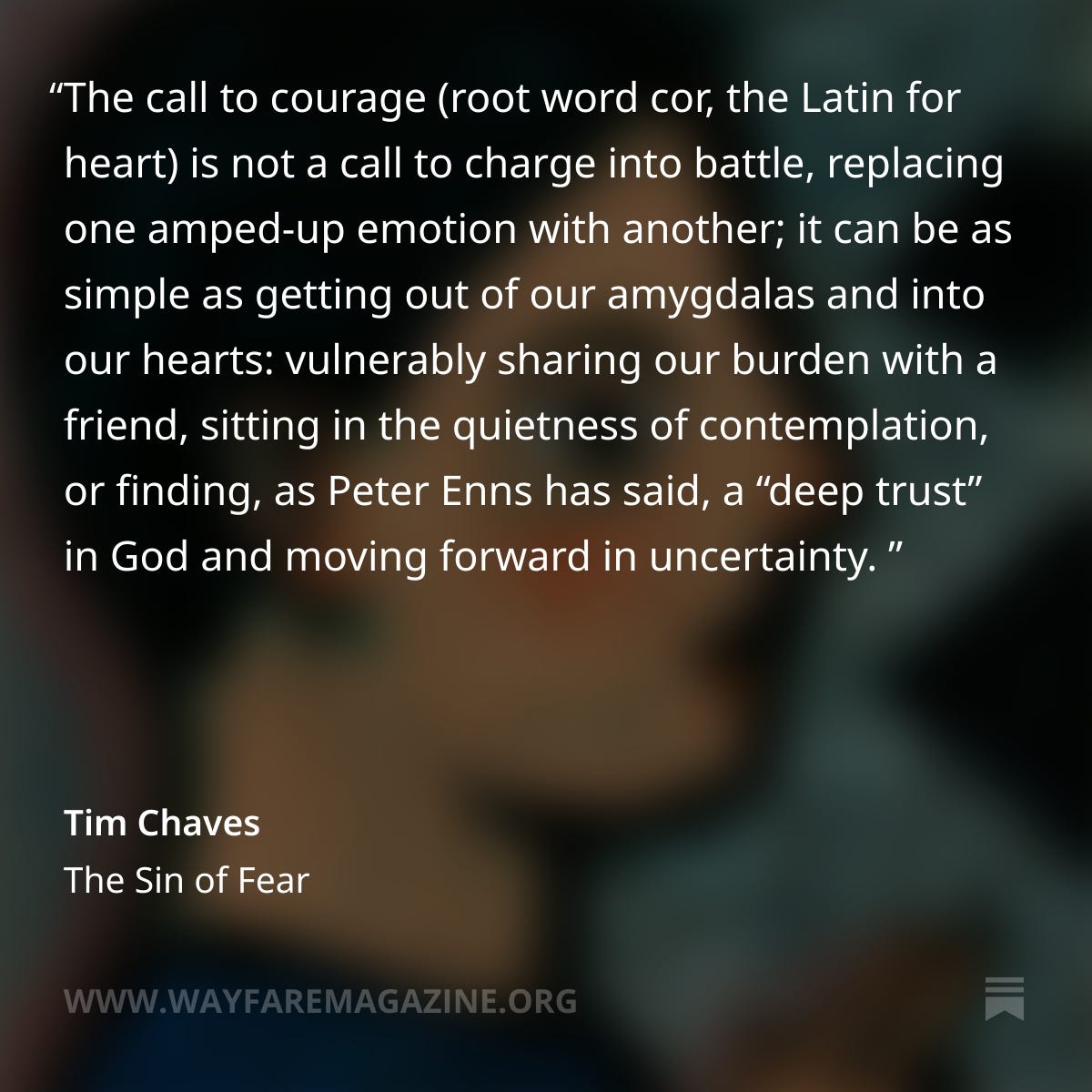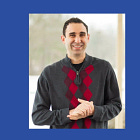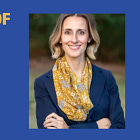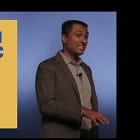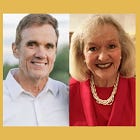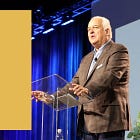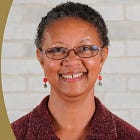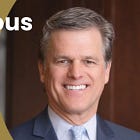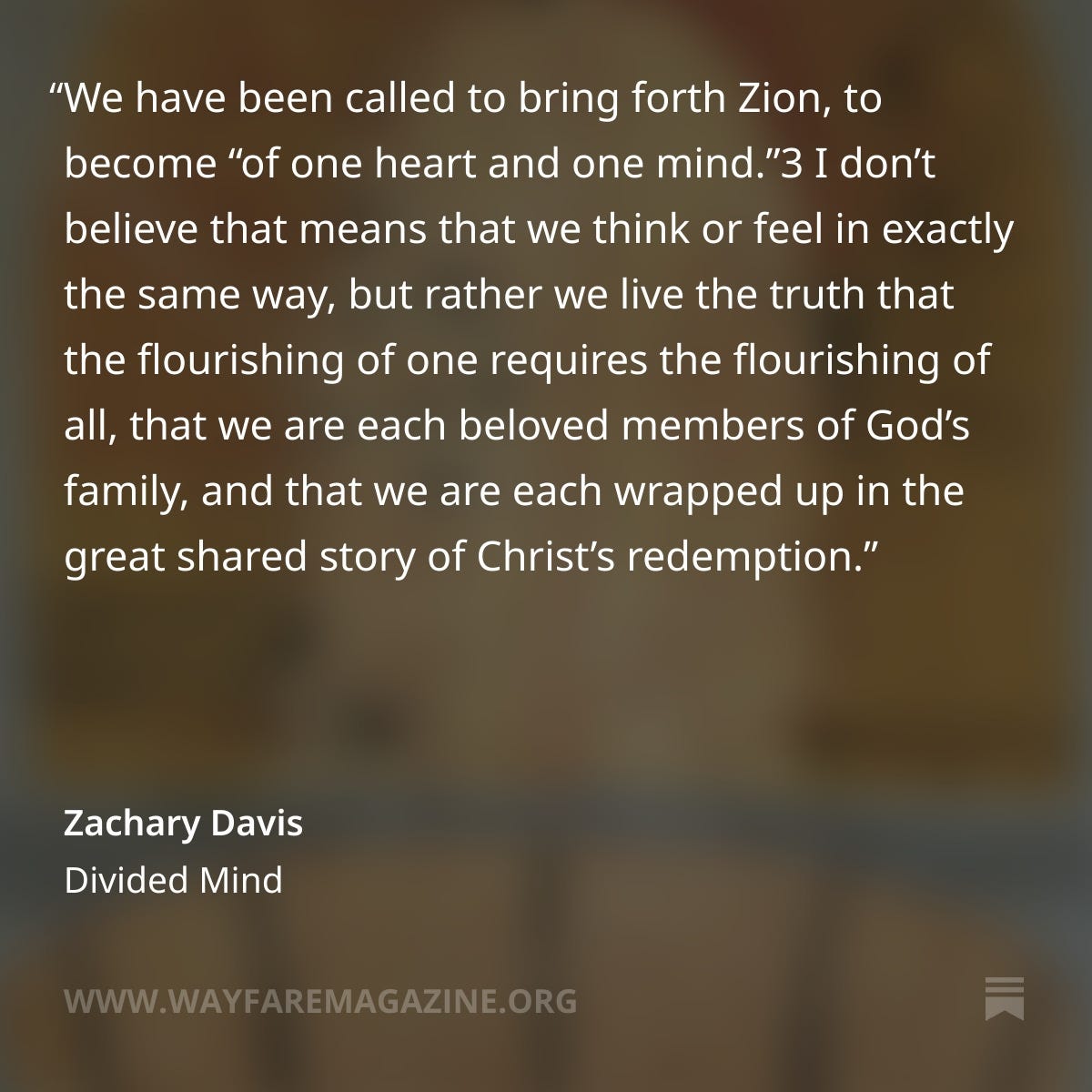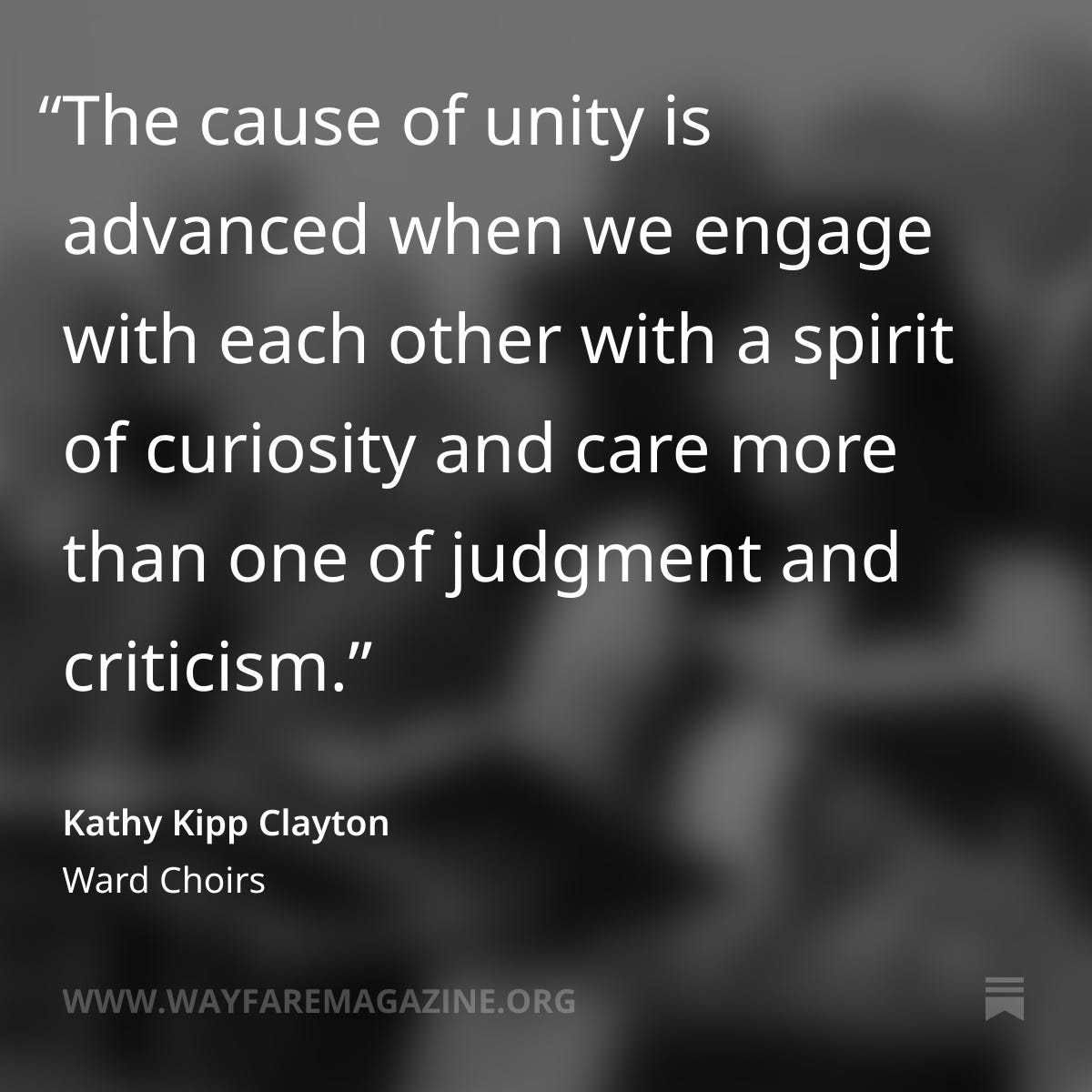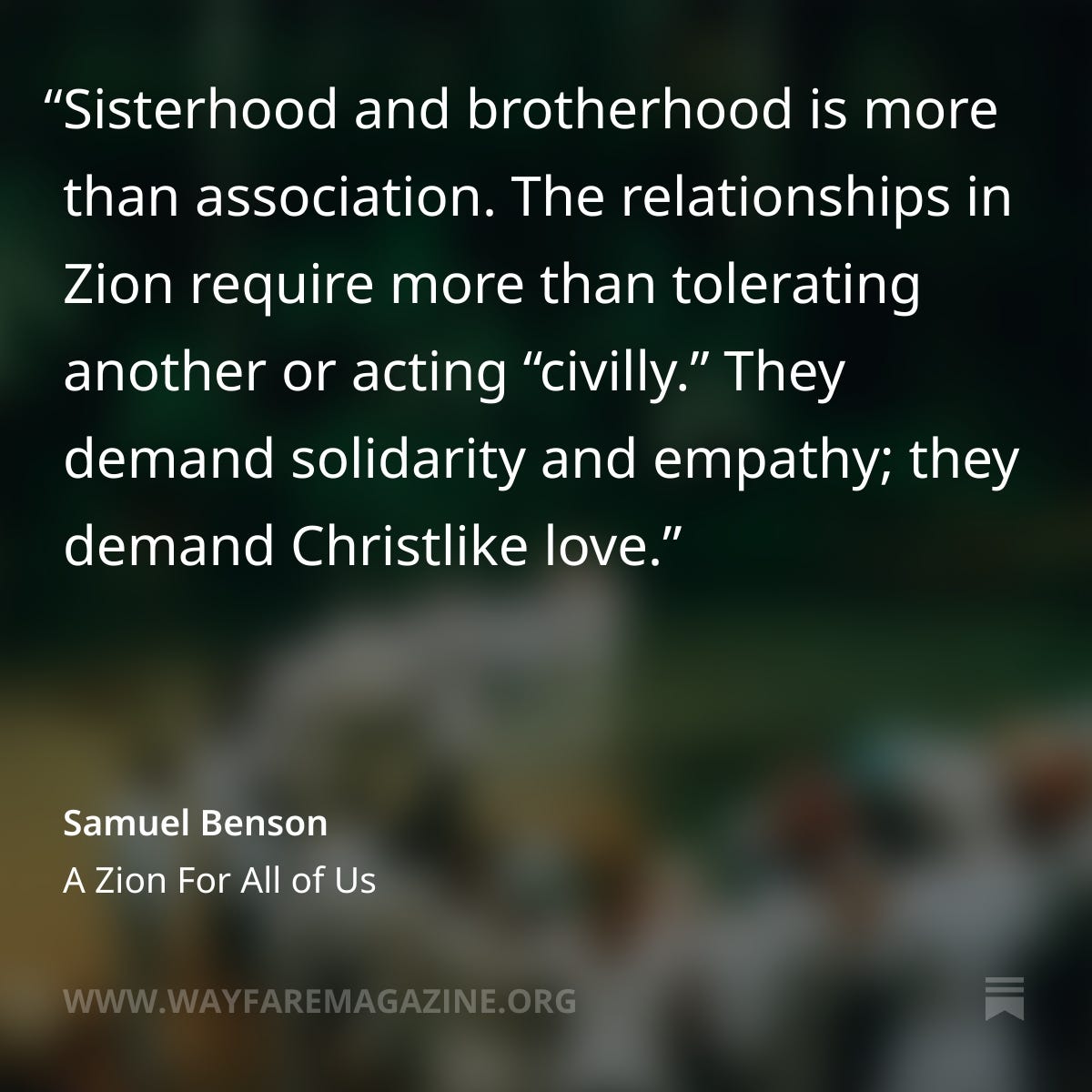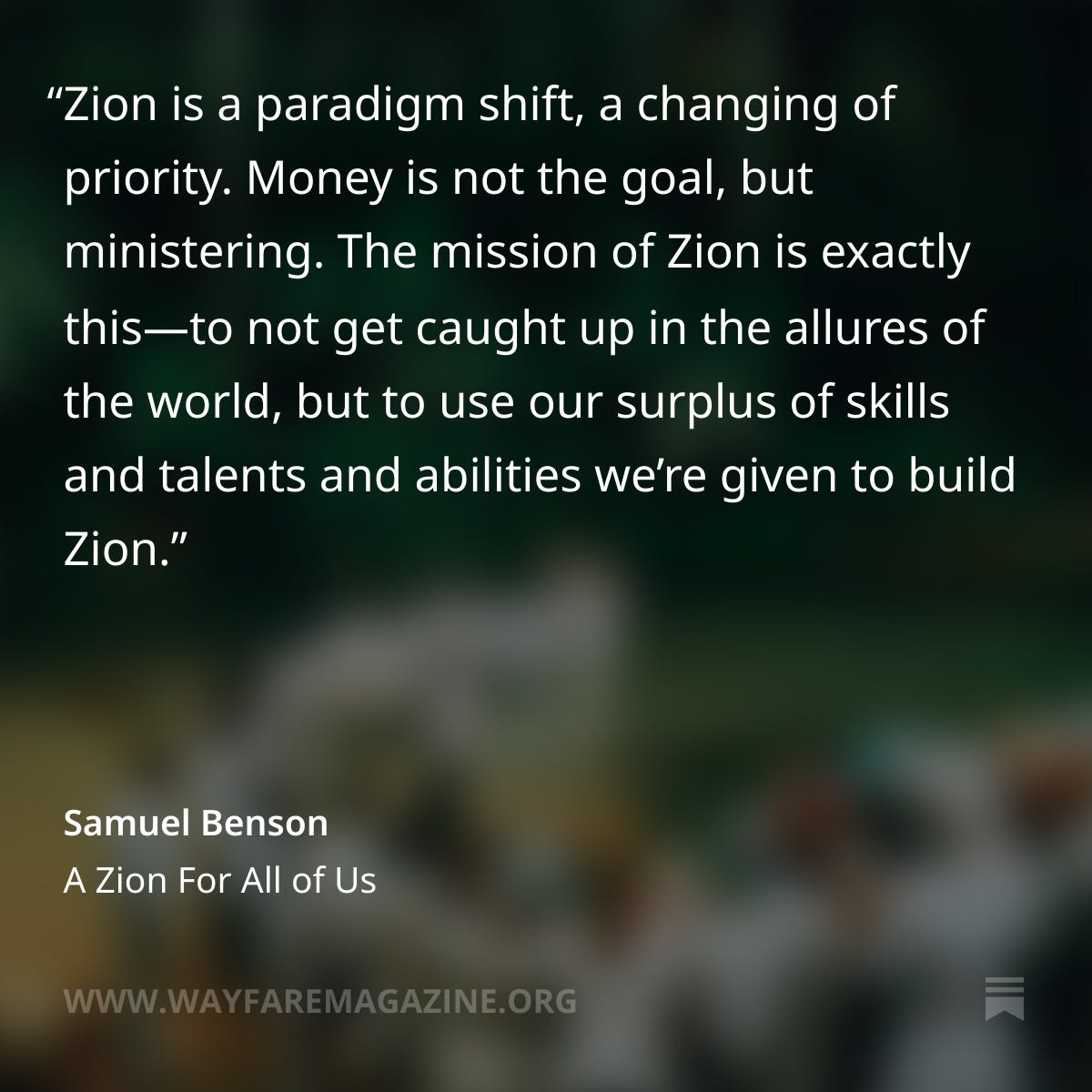The Commandment to "Be One"
Faith Matters resources to accompany your Come Follow Me study: April 21-27
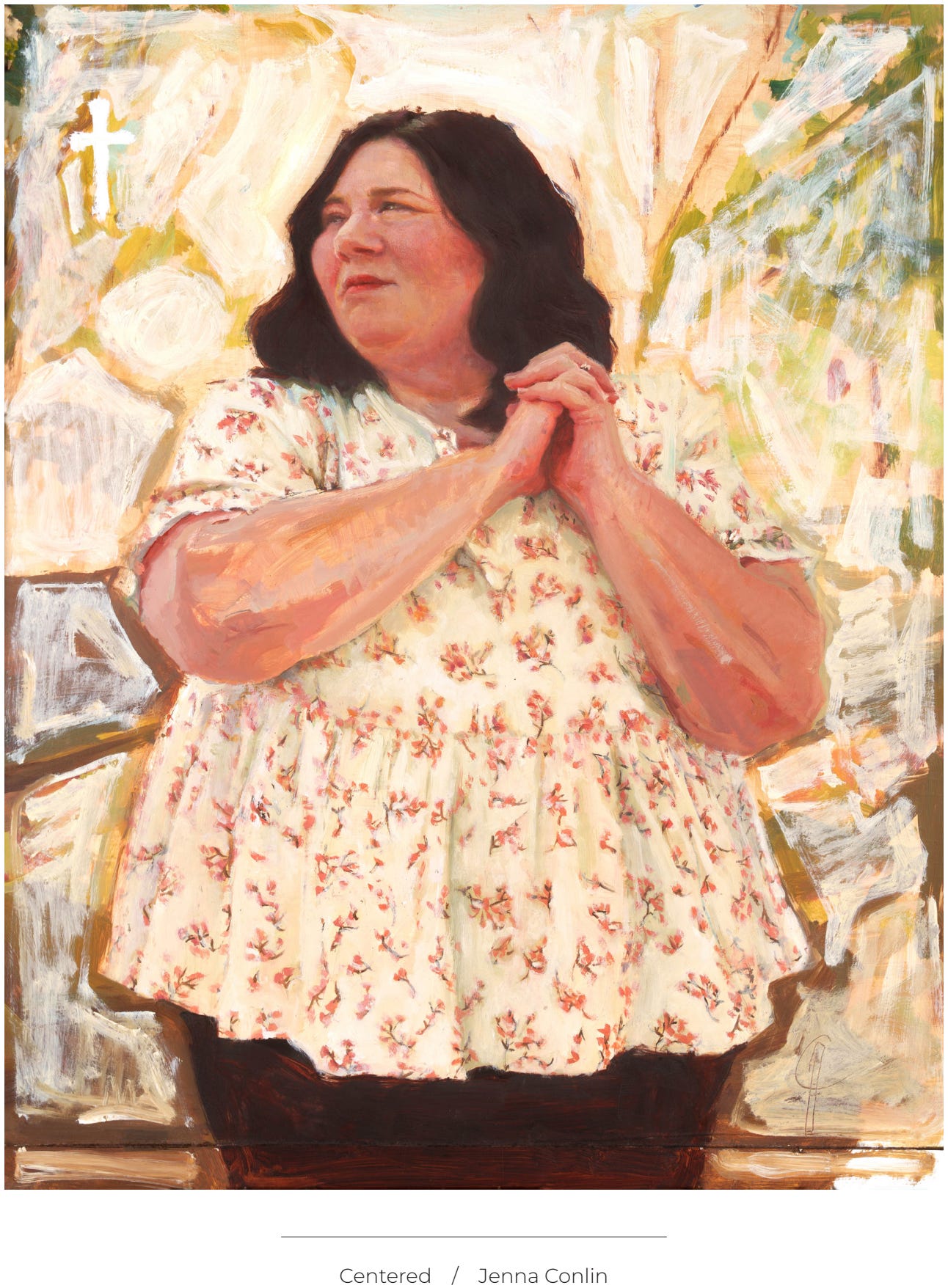
God gathers us to bless us.
In the life of the true Church, there are constant opportunities for all to serve, especially to learn to serve people we would not normally choose to serve—or possibly even associate with—and thus opportunities to learn to love unconditionally. There is constant encouragement... to have to grapple with relationships and management, with other people’s ideas and wishes, their feelings and failures; to attend classes and meetings and to have to listen to other people’s sometimes misinformed or prejudiced notions and to have to make some constructive response; to have leaders and occasionally to be hurt by their weakness and blindness, even unrighteous dominion; and then to be made a leader and find that you, too, with all the best intentions, can be weak and blind and unrighteous. Church involvement teaches us compassion and patience as well as courage and discipline. It makes us responsible for the personal and marital, physical, and spiritual welfare of people we may not already love (or may even heartily dislike), and thus we learn to love them. It stretches and challenges us, though disappointed and exasperated, in ways we would not otherwise choose to be— and thus gives us a chance to be made better than we might choose to be, but ultimately need and want to be.
…Besides being the repository of true principles and authority, the Church is the instrument provided by a loving God to help us become like him. It gives us schooling and experiences with each other that can bind us in an honest but loving community, which is the essential nurturing place for salvation.
—Eugene England, “Why the Church is as True as the Gospel”
“Hear my voice and follow me.”
Jesus is teaching that the rules point to something, but the rules aren’t the point. In shifting our orientation, the law loses its bite. When the law says, “don’t kill,” Jesus points to “love God and love your neighbor.” When Jesus says, “don’t be angry,” He’s still pointing to “love God and love your neighbor.” Look at what the law is pointing to; that’s what He’s teaching.
…We live the law in response to the crux of all the commandments: love God and love your neighbor (Matt. 22:36–40). As in Jesus’s parable of the vineyard workers, we stop worrying about who has labored longer, and instead rejoice for all who have learned to live in Christ—whether that realization came early or late in the day (Matt. 20:1–16). Works performed in response to grace are an expression of our intimate connection to God and all creation. We’re in partnership with God—in gracing.
—Hannah Packard Crowther, Gracing
If I am prepared, I don’t need to be afraid.
I think that when God said, “If ye are prepared, ye shall not fear,” He was speaking less about seventy-two-hour kits and three-month supplies and more about being, as these people Alma found to teach, “in a preparation” to do or accept whatever it is the situation calls for at the moment. That is, to be humble, grounded, flexible, and open. To live our lives in such a way that when we are faced with difficulty, destruction, and even despair, we will be able to discern the best course of action step by step, led by faith.
—Lizzie Heiselt, “If Ye Are Prepared”
God wants us to “be one.”
All of these links to previous podcast episodes now include searchable transcripts!
We had a beautiful and timely conversation with Andrew Hanauer, the founder and CEO of the One America Movement, an organization that helps faith leaders fight toxic polarization:
We had a conversation with Dr. Rebecca Glazier, whose work offers a powerful perspective on how congregations can heal divisions—not just within their walls but across society.
Drawing on decades of experience and inspired by President Russell M. Nelson’s call for peacemaking, Eboo Patel invites us to see how our diverse spiritual practices can serve as bridges, connecting us in powerful and meaningful ways.
We talked with Kathy Kipp Clayton and Bill Turnbull about the chapters they contributed to a book entitled No Division among You: Creating Unity in a Diverse Church. Kathy and Bill share how the everyday, sometimes uncomfortable situations we find ourselves in at Church can be a profound opportunity to get curious about what others are seeing, especially when we don’t see eye to eye with them. They talk through their own experiences learning to love people they didn’t expect to love, and finding ways to open themselves to questions rather than fear.
In Tom Christofferson’s Restore 2023 talk, he describes in poignant and sometimes hilarious detail his experiences joining a new ward where so many people are so unlike him, and how, in the end, he found that that was kind of the point.
In our conversation with Alice Faulkner Burch, she shared really important perspectives not just on the experience of Black Americans in the Church, but on what it means for each of us to be part of the body of Christ, and how we can more fully embrace the gifts of the Spirit.
Tim Shriver is the founder of Unite, a national grass-roots organization dedicated to transcending seemingly intractable difference. In this conversation, he shared with us the important role faith communities have to play in this work.




